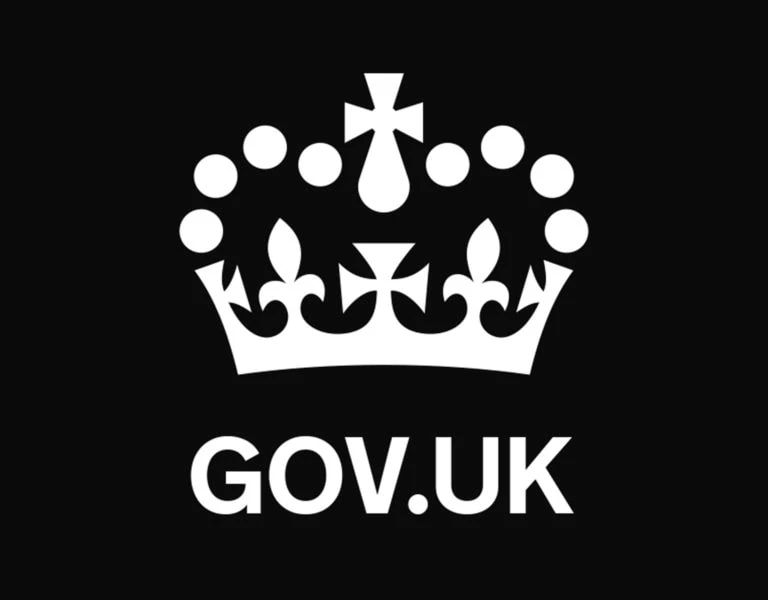
New statistics show that creative freelancers, microbusinesses and those dependent on audiences are seeing the biggest financial hit as a result of the pandemic.
Creative industries outside of London hit particularly hard, with those outside the capital more likely to see bigger turnover decreases and least likely to be able to monetise digital content.
The Creative Industries Federation, the membership body for the UK’s creative sector, warned of “crippling inequalities across the country” as new statistics paint a picture of a sector that needs further support, as it seeks to find new ways to adapt and monetise creative work.
The Federation is calling on government for urgent interventions in this year’s Spring Budget, including the expansion of Creative Industries Tax Reliefs, a Culture Innovation Programme, a government-backed insurance scheme for live events and an extension of income support measures, including for those who continue to fall through the gaps of support schemes, to help mitigate the long-term effects of the pandemic on communities up and down the country. In addition to the Spring Budget demands, the Federation continues to call on government to seek urgent renegotiation with the EU to remove barriers to touring and delivering creative services across Europe.
The Federation survey of more than 800 creative practitioners and organisations revealed that:
- Since the start of the pandemic, 63% of respondents have seen their turnover decrease by more than half, with creative freelancers seeing the biggest drop in revenue.
- Three quarters of those working in areas dependent on live audiences have seen a drop in income of more than 50% since the pandemic began.
- Freelancers and those based outside of London have been among the hardest hit:
- Freelancers were 20% more likely than organisations to have seen a drop in income of 75% or more since the pandemic began.
- Respondents outside of London were 8% more likely to see decreases in turnover of more than 75%.
- Across all respondents, those in Scotland, Wales and Northern Ireland were more than twice as likely to report that it would take over 12 months to return to normal income levels if the pandemic were to end tomorrow.
- Whilst half of respondents said that they had been able to deliver a small number of activities online, 80% said that digital activities had only delivered a little income (34%) or not delivered any income at all (47%).
- Outside of London, respondents were 39% more likely to be unable to deliver activities online and 28% more likely to say that new digital activities have been unable to deliver any income.
The impact of these figures shows the potentially devastating consequences for those in the creative sector who are being hit hardest, and who are at greatest risk of being left behind. The geographical differences are particularly concerning as the data follows research from Cambridge Econometrics, released by the PEC/Creative England in June 2020, which suggests that, based on recovery from the 2008 recession, creative industries outside of London may take much longer to ‘bounce back’ than those in the capital. The impact of leaving the EU is likely to further exacerbate these issues, unless barriers to touring and working abroad are mitigated.
Caroline Norbury MBE, CEO, Creative Industries Federation, said: “Creative industries bind communities together, are a major driver of economic growth and are integral to our collective wellbeing. However, what today’s statistics reveal is that there are still many parts of our sector that are facing real, significant hardship, particularly small businesses, freelancers and those reliant on audiences.
“It is particularly worrying that the impact is being felt hardest outside of London, where we know the creative sector is likely to take longer to bounce back. Our creative and cultural industries will be needed more than ever as we look to rebuild, spreading opportunity more widely and driving growth in all parts of the UK. Failure to act now could result in crippling inequalities across the country, with ramifications much broader than our sector.
“Creative industries are the industries of the future. They drive job creation and tourism, while bringing joy to millions. With the right Spring Budget interventions, combined with innovative local solutions and an EU touring agreement that works for all parts of our sector, our world-leading creative industries can not only bounce back, they can be enabled to do what they do best: create, innovate and generate world-beating ideas that ultimately enrich our lives, communities and country.”












